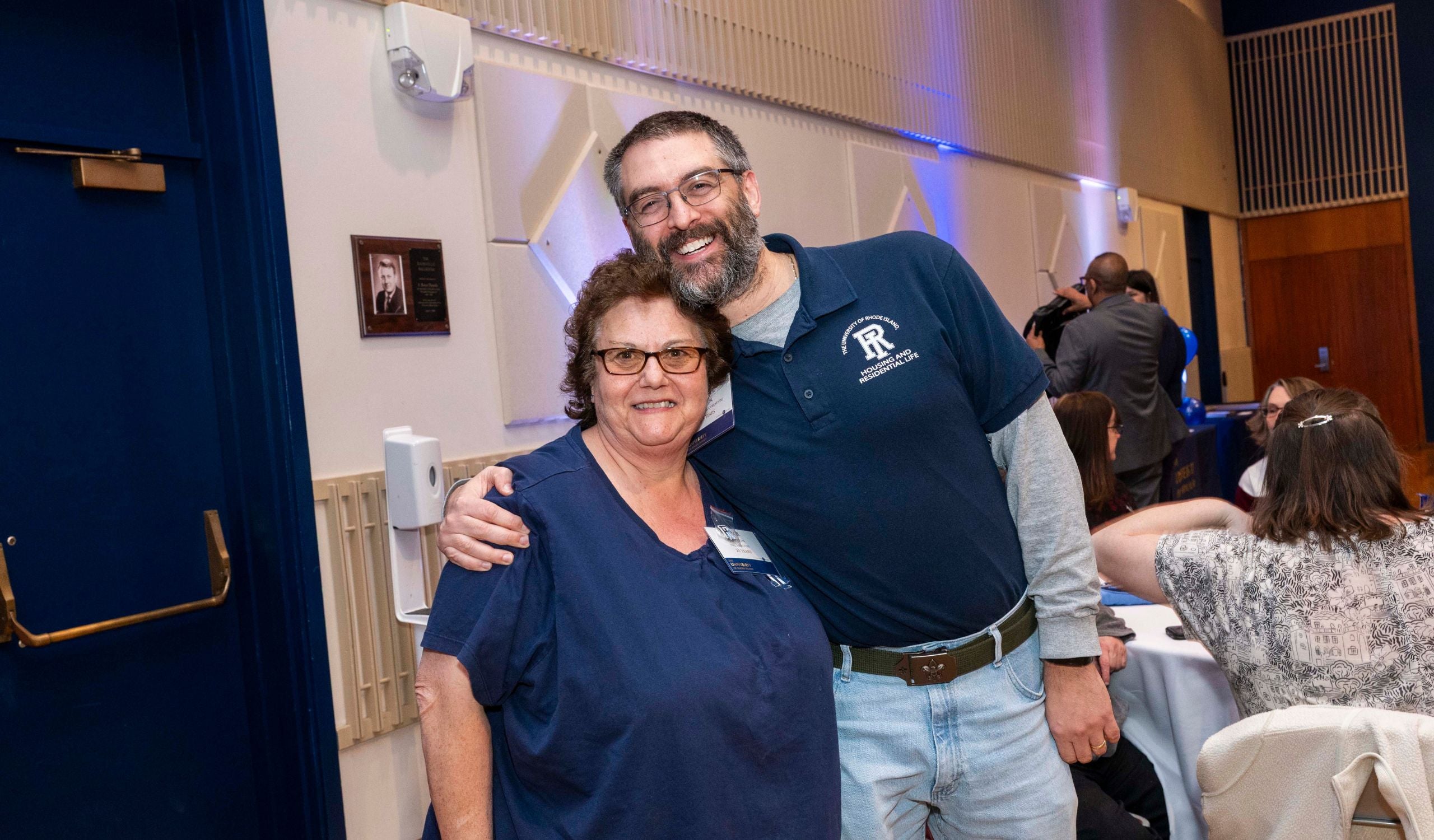The University of Rhode Island offers students, faculty, and staff a thriving, welcoming community, a strong sense of place, and endless opportunities. As a leading global research institution, URI has a strategic vision that looks to the future, driving positive social, economic, cultural, and environmental change.
At URI, we know that faculty and staff members are central to our success—each playing a part in moving the University forward—and we offer a comprehensive benefits package to support our employees. We invite you to explore our job postings and hope you find your opportunity to join us.
Why work at URI?
Explore the many benefits and perks of working at the University of Rhode Island.



